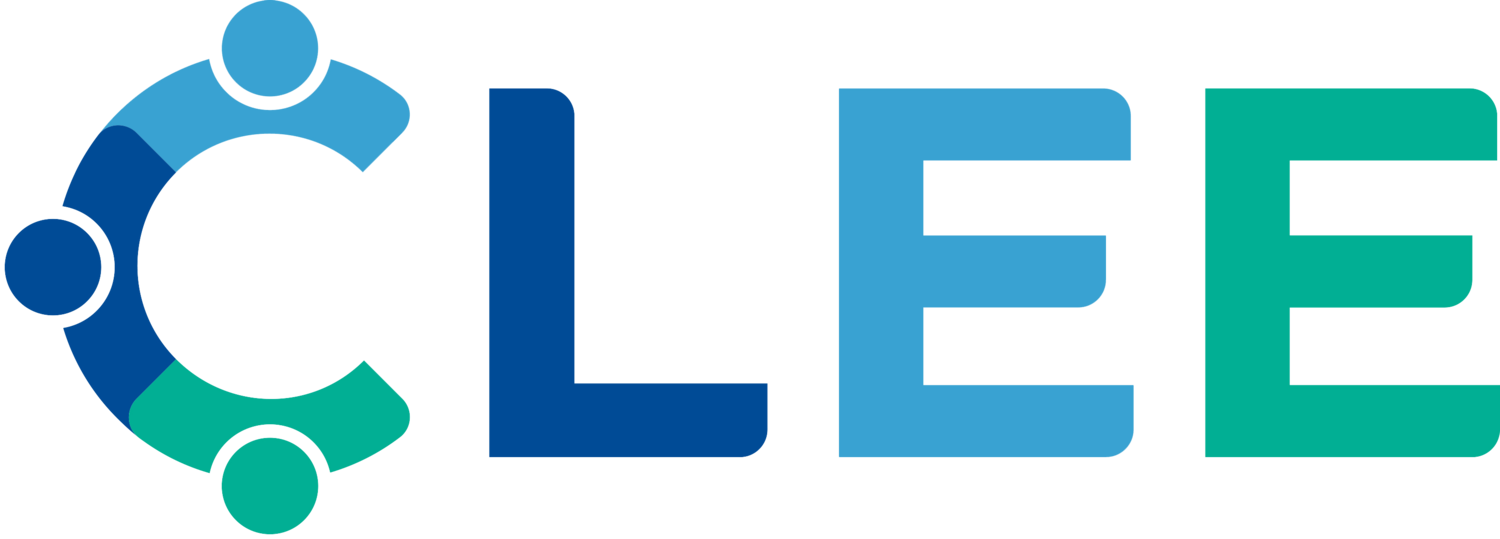PRN Research-Based Curriculum and Design
Aspiring principals, selected for their leadership capacity and commitment to lead for equity, serve as residents in a mentor principal’s school for 12 – 24 months. This intensive preparation has a common curriculum of experiences; however, the program does honor and value previously acquired leadership knowledge, skills and dispositions, as well as individual needs. In consultation with a PRN advisor and his/her mentor, each candidate develops a rigorous, customized learning plan to address all aspects of the scope of their work for the year. In the end, all candidates must demonstrate evidence of proficiency in the six R.I. Leadership Standards through leadership action, papers, reflections, action research, readings, discussion, exhibitions and a portfolio.
Additionally, aspiring principals and mentors are part of a cohort of colleagues. Regular meetings, visits to other schools, institutes, workshops, and site visits by the program director are integral components and account for much of the success of the PRN. The PRN practices are fully aligned with research and literature on effective preparation programs.
PRN Research-Based Practices
Structure
Rigorous entry requirements for strong candidates
Strong commitment of board and program director
Supportive partnerships with districts and schools to provide intense residency arrangements
Continue monitoring of program outcomes for improvement
Delivery
Intensive one to two year residency
High quality mentoring with effective, reflective, instructional leaders
Problem-based learning through program institutes, seminars, and workshops
Cohort structure that models practices of a learning community
Curriculum
Rhode Island Leadership Standards-based curriculum
Individualized through development, monitoring an assessment of personal learning plans
Performance-based assessments to demonstrate proficiency on standards
Relentless focus on developing instructional leadership practices to increase equitable outcomes for all students.
The Why Behind the PRN Design
The PRN balances a learning-centered and learner-centered approach (National Research Council, 2000). The PRN’s tight alignment and use of the RI Leadership Standards to guide and assess Aspiring Principals’ (APs) learning throughout the program represents a learning-centered approach. The standards represent research-based best practices that can guide aspiring principals in developing skills, knowledge and dispositions to influence instructional practices and student achievement. Some learning-based approaches to assessment assume that the use of standards, and formative and summative assessments based on standards, are enough to drive the development of highly skilled school leaders. We believe this approach alone isn’t adequate.
The PRN blends the use of standards with a learner-centered approach to help APs develop deeper levels of understanding of the practices articulated in the standards. Learner-centered leadership preparation “focuses on the development of independent learners capable of using their knowledge to raise questions and solve problems in concrete situations… to help them achieve progressively deeper levels of understanding. As a matter of pedagogy, learners are encouraged to assume control over the conditions of their learning (Danzig, 2009, p.1).” Further, a learner-centered approach to assessing leaders “examines the learner’s engagement in the world…involves rich sources of information such as journals and writing portfolios, action-and project-based materials, and real world in which they live and work (Danzig, 2009, p.2).”
Much of the PRN curriculum and assessment system is based on constructivist beliefs that underlie the learner-centered approach. John Dewey (1938) noted over 70 years ago that learning that involves the acquisition of static information is only helpful in a society that is preparing people to live in a world that assumes the future will be very similar to the past. In the world we now live in, we know that the future will not be similar to the past and aspiring leaders need the habits of mind (e.g., processes of decision making with uncertain information, collaboration, skepticism, reflexivity, and reasoning) to continuously adapt in the ever-changing world of school leadership. The learner-centered approach of the PRN develops these habits of mind and a progressively deeper understanding of effective school leadership practices through ongoing exploration, inquiry, examination, practice, and articulation.
The key to this process working well lies in the way it occurs in a community of practice in which APs learn through the processes of modeling, scaffolding, reflecting, exploring, coaching, and articulating (a pedagogy that Collins, Brown, and Holum (1989) have termed, cognitive apprenticeship). The PRN learning experiences and embedded assessment system engage APs in ongoing practice so they can move from peripheral to full participants in a community of practice (of school leaders), thereby developing their identities as participants and also transforming the community of practice to be one of more skilled practitioners (Lave & Wenger, 1991). It is this view of how people learn as a dynamic process that involves people learning how to think and reflecting on who they are with others in authentic, situated contexts that drives the design of the PRN and the way in which the aspiring and mentor principals are counseled to use it throughout the program.
Get prepared early: contact Evelyn Cosme Jones at evelyncosmejones@clee-ri.org, 401-753-8489 for program information.
